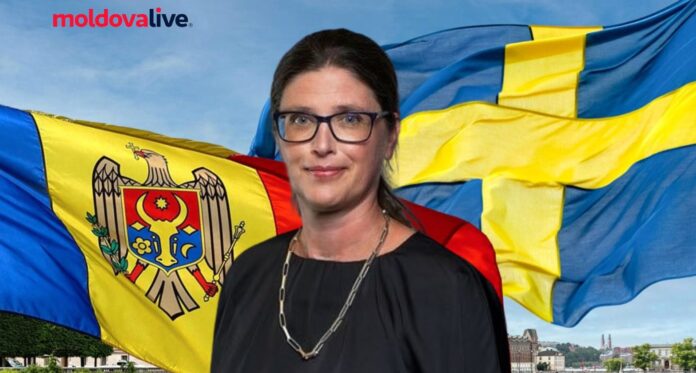Sweden began its path to European Union (EU) membership in the early 1990s, motivated by a vision of European integration to secure peace and stability while also seeking to shape Europe’s political and economic future. In 1994, a national referendum saw just over half of Swedes vote in favor of joining the EU, and Sweden officially became a member on January 1, 1995. Since then, public support for the EU has steadily grown as the benefits of European integration have become clearer, ipn.md reports.
Today, 30 years after that pivotal referendum, the vast majority of Swedes agree that EU membership has positively contributed to the country’s development. Sweden has worked closely with its EU partners, gaining strength through collective action on the global stage while preserving its unique and independent voice.
Significant Economic Benefits
Sweden actively shapes critical EU policies in trade, environmental protection, human rights, and international security. The economic benefits of EU membership have been significant. With access to the EU single market and 70 free trade agreements with third countries, Sweden’s economy gains approximately 30 billion euros annually—12 times its net financial contribution to the EU. Membership has driven economic growth, created jobs, and attracted foreign investment.
EU subsidies and expanded market access have also strengthened Swedish agriculture, allowing farmers to build competitive, resilient, and sustainable businesses.
A Union for Peace
EU membership has allowed Swedish citizens to live, study, and work across the Union, blending Swedish traditions with shared European values. At its core, the EU remains a peace project founded after World War II to prevent future conflicts. The EU’s role in maintaining peace among its member states is undeniable.
FOR THE MOST IMPORTANT NEWS, FOLLOW US ON TWITTER!
From the European Coal and Steel Community’s establishment in 1951 to the influential political bloc it is today, the EU has transformed Europe from a war-torn continent into a union defined by peace. However, Russia’s illegal war against Ukraine has reignited the horrors of war in Europe, affecting nations across the continent, including Moldova. Moldova’s resilience and generosity in these challenging times have been truly admirable.
Integrating Eastern European countries is essential for the EU’s continued success. This expansion would strengthen peace and stability while driving further economic growth.
Common Objectives and Cooperation
Sweden fully supports the Eastern Partnership agenda and looks forward to welcoming Moldova as a future EU member. However, Moldova’s future lies in the hands of its people. As Moldovans prepare for a historic decision later this month, Sweden firmly upholds their right to make a free and independent choice based on facts, not fear, regardless of the outcome.
For Sweden, 30 years of EU membership have been transformative, delivering substantial economic, political, and social gains. Membership has enhanced Sweden’s influence in Europe and globally, while Sweden has contributed significantly to the EU’s development and its goal of European unity. As a member of the EU family, Sweden has grown stronger, safer, and more prosperous.


